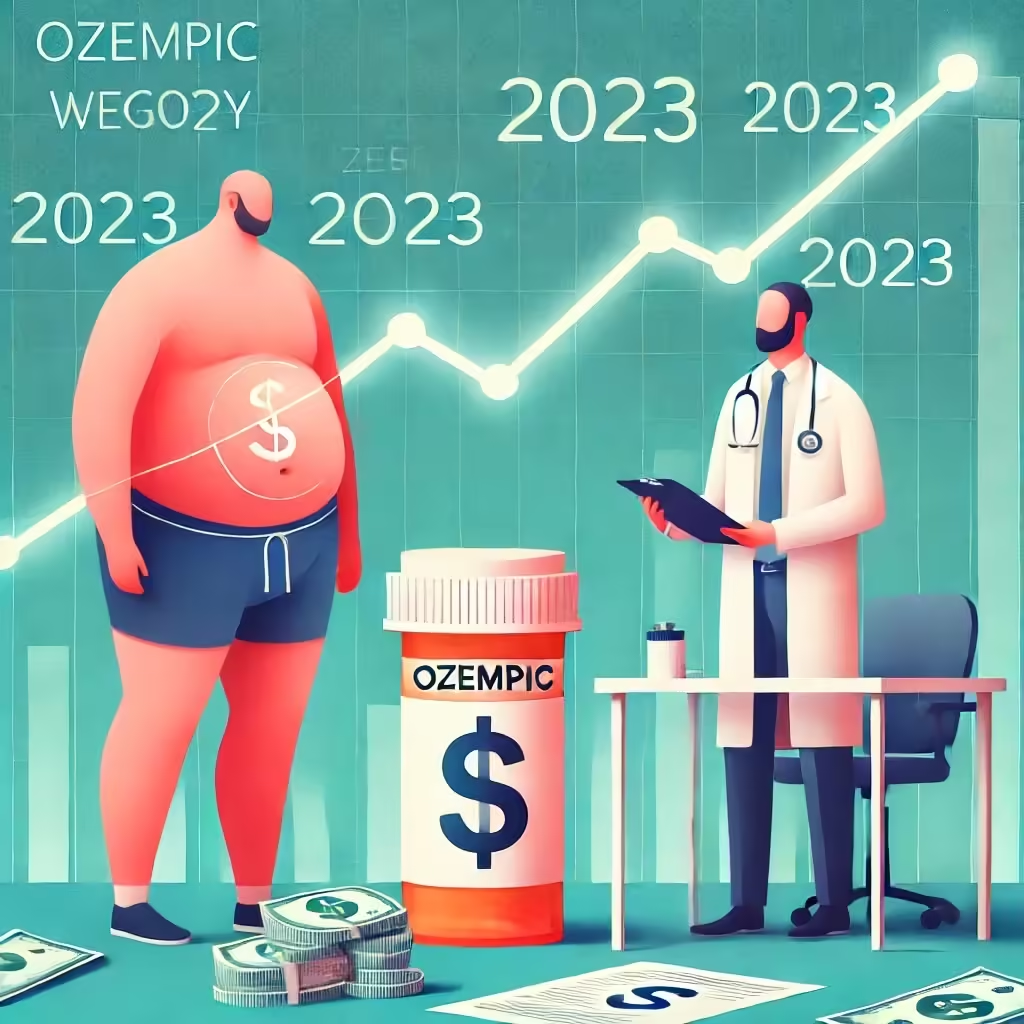The Growing Impact of Weight-Loss Drugs on U.S. Obesity Rates
Introduction
In recent years, new weight-loss drugs like Ozempic and Wegovy have sparked significant interest and debate in the U.S. for their role in obesity management. These medications, originally designed to treat type 2 diabetes, have now gained attention for their ability to help individuals shed pounds and sustain weight loss. However, the long-term effects and broader implications for public health are still being evaluated, with mixed opinions on whether these drugs can lead to sustained reductions in U.S. obesity rates.
How Weight-Loss Drugs Like Ozempic and Wegovy Work
Ozempic and Wegovy belong to a class of drugs called GLP-1 receptor agonists. These medications mimic a hormone in the body that regulates appetite, reducing cravings and helping patients feel fuller longer. As a result, many users have experienced significant weight loss. A recent report shows that the obesity rate among American adults dropped by 2% between 2020 and 2023, a trend that aligns with the increasing adoption of these drugs since their launch around 2021(UCHealth)(Drugs.com).
Costs and Challenges
Despite their effectiveness, cost remains a major barrier for many individuals. Without insurance coverage, Ozempic and Wegovy can cost over $1,000 a month, or more than $15,000 annually. This high price limits access for a large segment of the population, raising concerns about health equity. Moreover, side effects such as nausea, vomiting, and, in rare cases, pancreatitis, have led some patients to discontinue their use(UCHealth).
Long-Term Use and Public Perception
One of the challenges with these drugs is the need for long-term use. Studies show that approximately 75% of patients stop taking these medications within two years, whether due to cost, side effects, or having met their weight-loss goals(Drugs.com). However, stopping the medication often leads to regaining the lost weight, making sustained use essential for maintaining progress.
Despite the drugs’ growing popularity, only about 16% of Americans believe that Ozempic, Wegovy, and similar medications will have a substantial impact on national obesity rates(UCHealth). Public opinion remains cautious, and some experts argue that while these drugs offer individual benefits, they might not drastically shift public health trends without broader systemic changes in diet, lifestyle, and healthcare access(Drugs.com).
The Future of Obesity Management
With over 15 million Americans having tried these medications, Ozempic and Wegovy represent a promising new frontier in obesity management. However, their long-term success will depend on overcoming current challenges, including the need for ongoing use, high costs, and potential side effects. Whether these drugs can play a significant role in reducing the overall obesity rate in the U.S. remains to be seen, but they have undeniably changed the conversation around weight management from one focused solely on lifestyle to one that includes medical interventions(UCHealth)(Drugs.
Conclusion
As the use of Ozempic and Wegovy continues to grow, their role in managing obesity is becoming increasingly important. While these drugs show promise, sustained weight loss and broader public health impact will depend on long-term use, accessibility, and integration with other healthcare measures. Time will tell if these medications can drive lasting reductions in obesity rates across the U.S.

